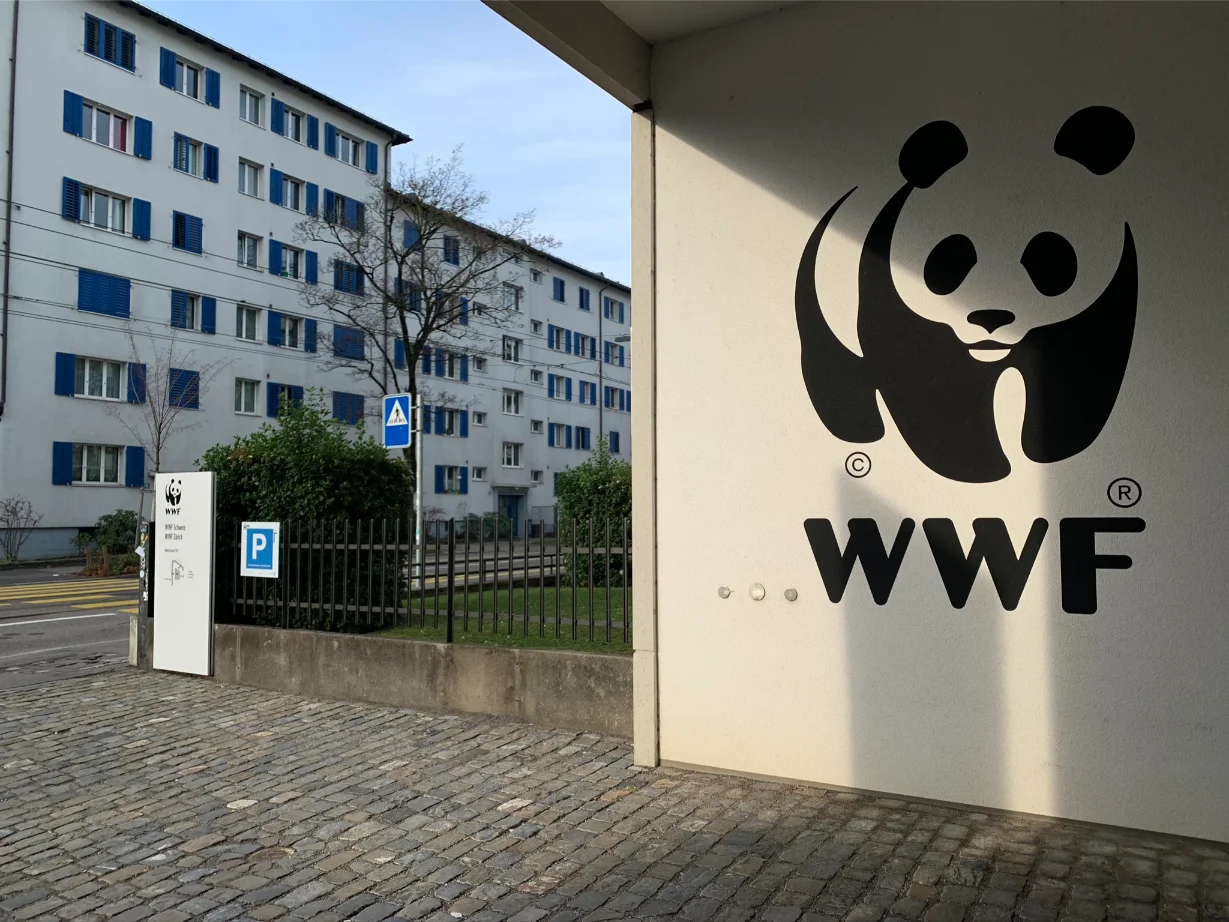In a world where the delicate balance of nature is increasingly under threat, organizations like the World Wildlife Fund (WWF) play a crucial role in safeguarding the planet's biodiversity. This blog post aims to shed light on the WWF, its mission, and the impactful work it does to protect our wildlife and natural habitats.

The World Wildlife Fund, established in 1961, is a leading international conservation organization committed to preserving the world's most vulnerable species and ecosystems. It operates in over 100 countries, collaborating with governments, businesses, and communities to achieve its conservation goals.
The WWF's primary mission is to build a future where people live in harmony with nature. Its goals include the conservation of biodiversity, promotion of sustainable practices, and the reduction of humanity's ecological footprint. By focusing on these objectives, the WWF strives to create a world where both people and wildlife can thrive.
The WWF addresses a wide range of environmental issues, encompassing both terrestrial and aquatic ecosystems. Key areas of focus include:
Highlighting success stories helps to illustrate the tangible impact of WWF's efforts. From the recovery of endangered species like the giant panda to the restoration of degraded ecosystems, these achievements showcase the positive outcomes of dedicated conservation work.
Individuals can play a crucial role in supporting WWF's mission. Whether through donations, volunteering, or making sustainable choices in daily life, everyone has the power to contribute to the conservation of our planet.
Despite the achievements, numerous challenges persist, including habitat loss, climate change, and poaching. The blog post addresses these challenges while emphasizing the importance of continued collaboration and global awareness to overcome them.
In conclusion, the World Wildlife Fund stands as a beacon of hope in the realm of conservation. Through its unwavering commitment and collaborative efforts, the organization strives to create a world where nature and humanity coexist harmoniously. By understanding the WWF's mission and getting involved, individuals can become active participants in the collective effort to preserve our planet's rich biodiversity for future generations. Together, we can make a difference and ensure a sustainable and thriving world for all.